Part 21: Vingança, Justiça

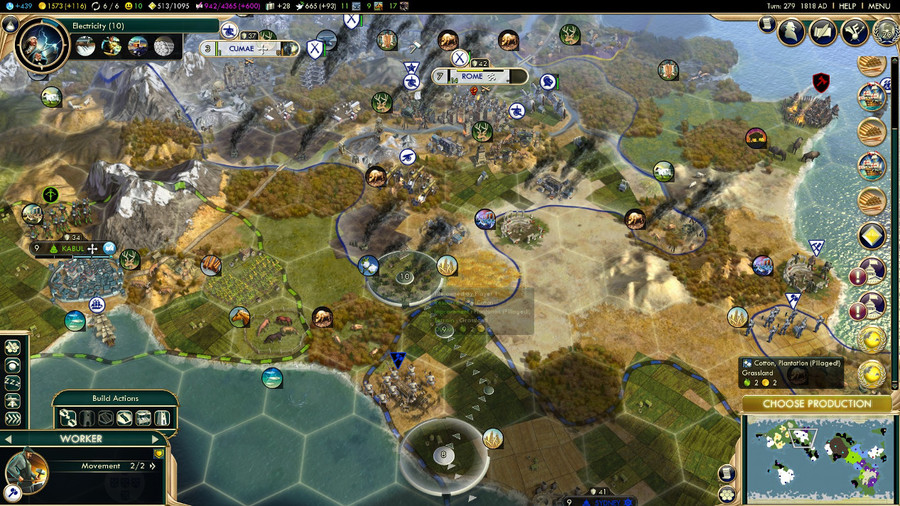
In the aftermath of the Roman conquest, there was a considerable push of popular support for what was later termed the "Restoration." A great number of architects, historians, and tradesmen from the Portuguese mainland, driven by a desire to see the historical Roman capital and its legendary pyramids and mausoleums for themselves, flocked to the city in an effort to repair its infrastructure.
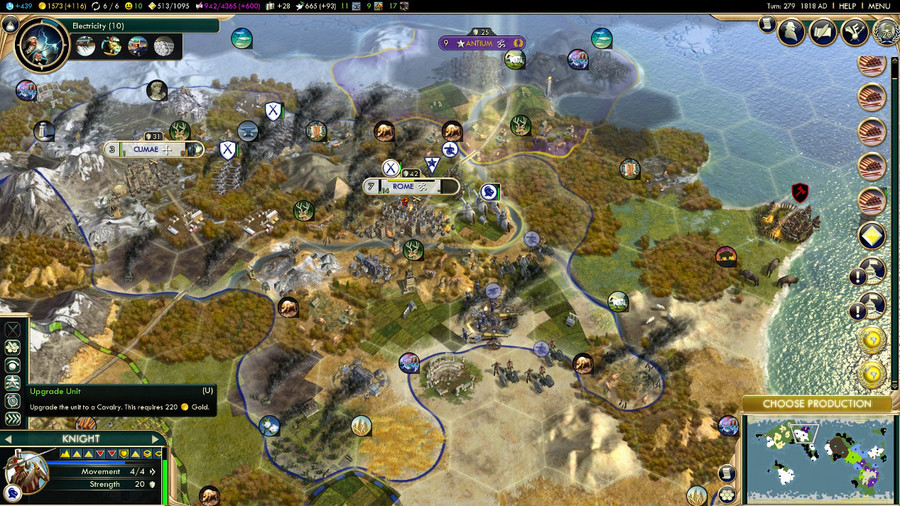
The move enjoyed a significant amount of governmental support, as it saw opportunities for employment and increased revenues from its new territory. Some of these revenues were earmarked for military modernization.
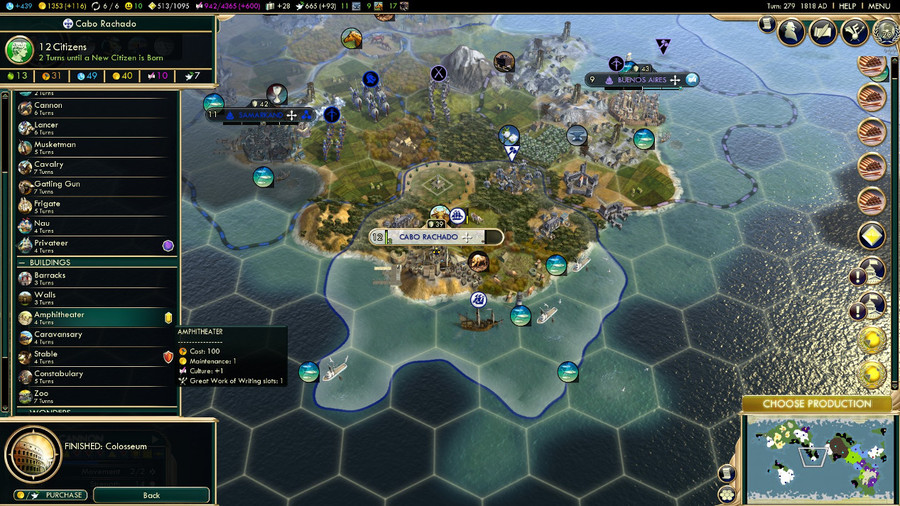
The subsequent economic boom resulted in a greater level of urbanization and development in the distant corners of the Portuguese economic sphere.

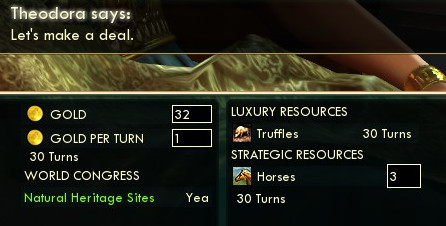
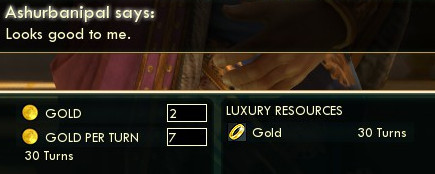
However, President Bragança was reportedly still developing as a statesman, attempting to negotiate deals of varying complexities with distant allies
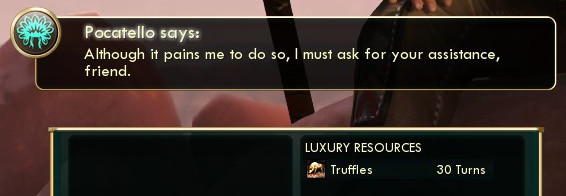

At this time, the campaign of "passive aggressiveness" so coined by contemporary scholars was continuing unabated, with reportedly basic negotiations with Shoshone diplomats suddenly becoming quite chilled, even outright hostile.
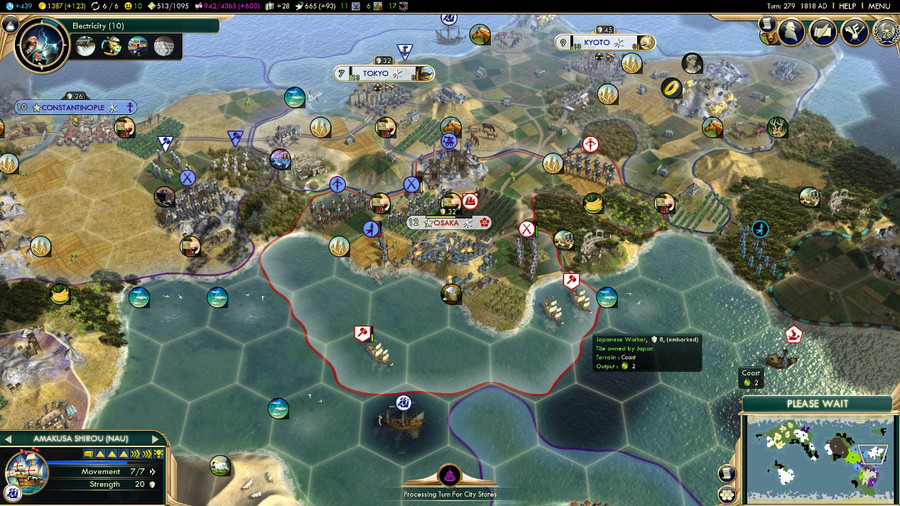
At around this time, there was said to be a migrant crisis as a result of Byzantine invasion, as the ongoing Japanese military dictatorship struggled to maintain a hold on their last remaining city.
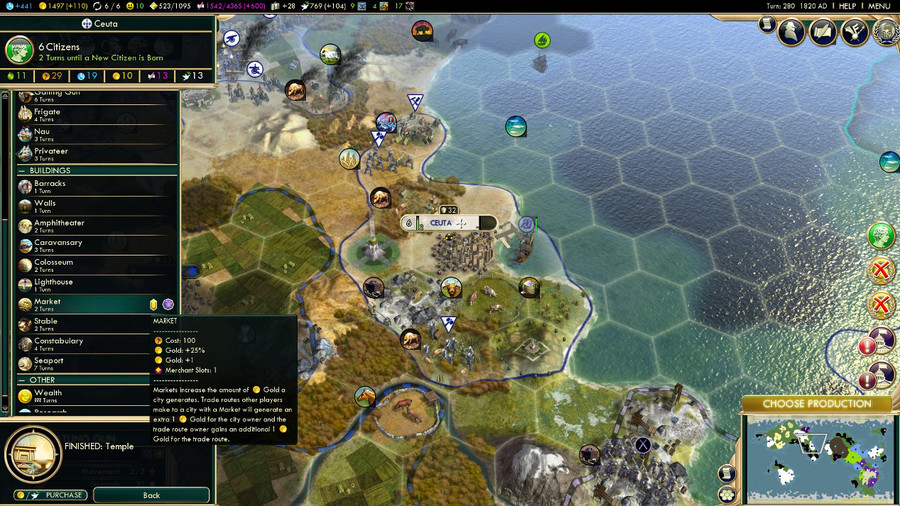
Ceuta, originally built as a stronghold to support the Portuguese invasion of Roman mainlands, was starting to come into its own as a centre of trade and cultural history.
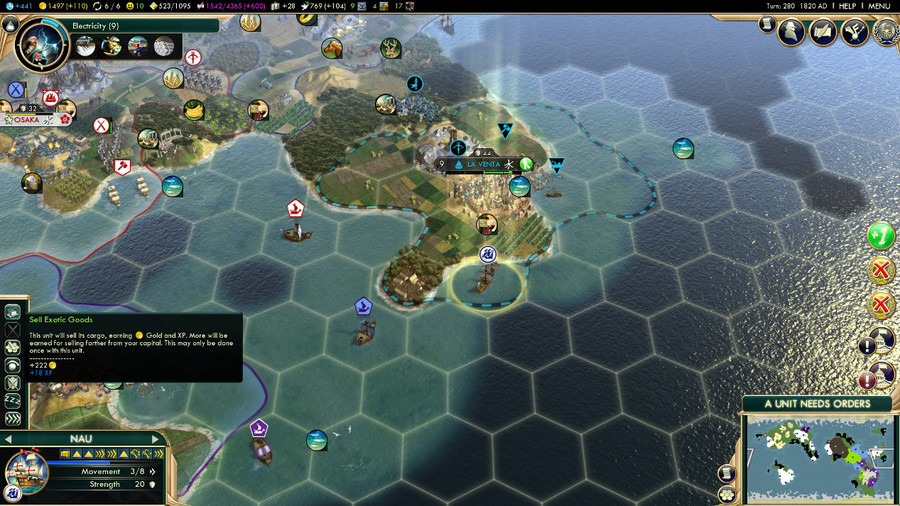
However, it is at this point that an unusual military reform began to take place, known as the "Armada Mundial." The Portuguese naval force, expanding significantly in size through the acquisition of ships from overseas territories, was beginning to bloat, so plans were made to surplus the ships to various City-States in the interest of promoting "self-defence and national mutuality."
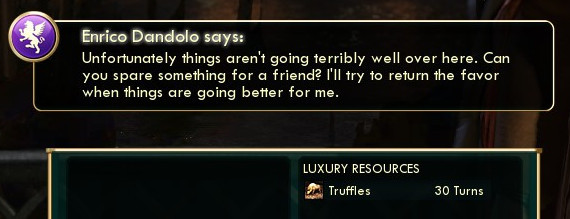

Similar generous allowances were made for allies internationally.
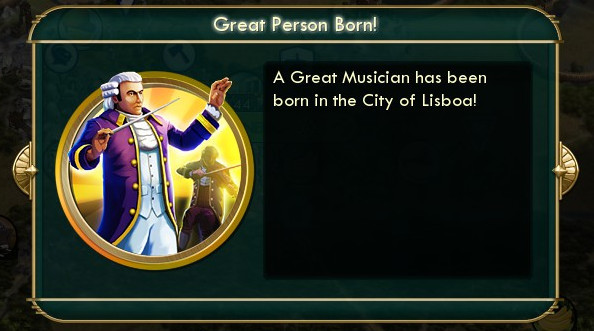
The Fado tradition began to more fully assert itself in this time, and Lisboa in particular gained some recognition for inspiring some of the greatest artists of the genre.
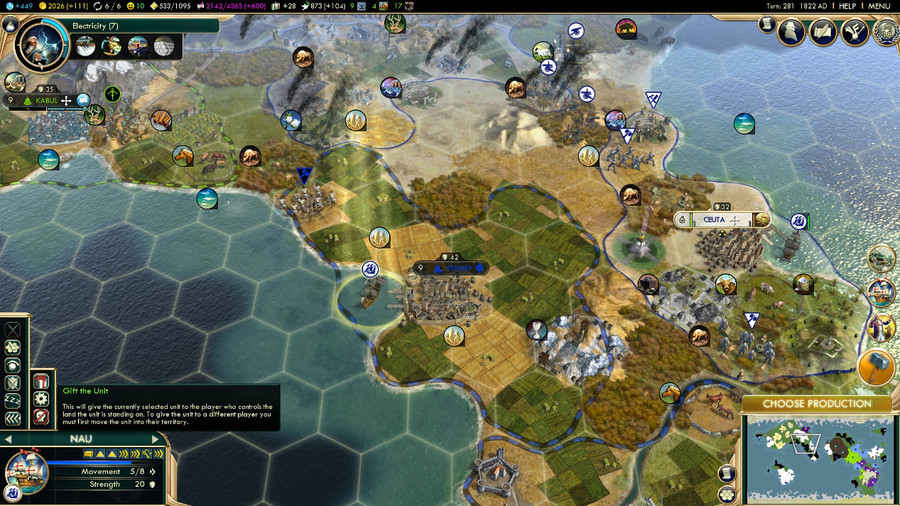


"National defence and mutuality" were some key phrases used in international discussions with allies, and formed the basis of the Portuguese peacetime diplomatic efforts.
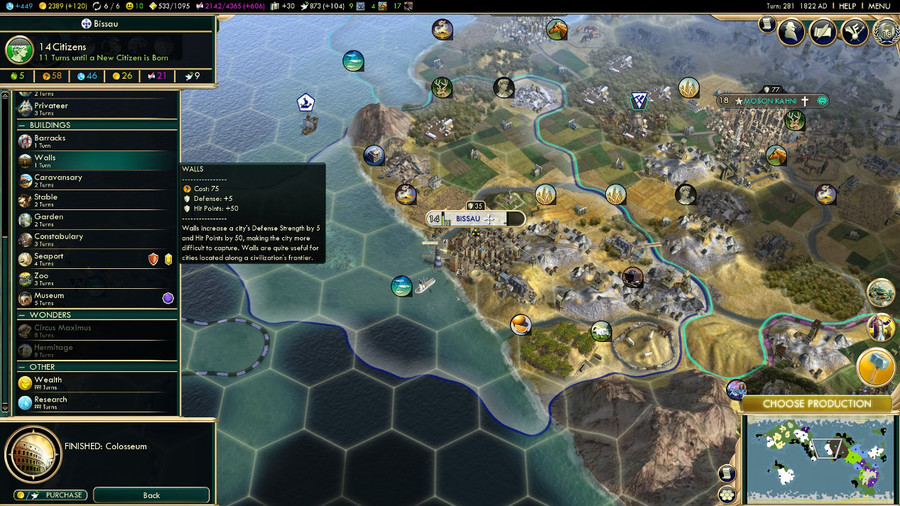
A recognition that some military considerations were required even when there was no active warfare meant that military projects previously abandoned as frivolous began to take root in various parts of the empire.
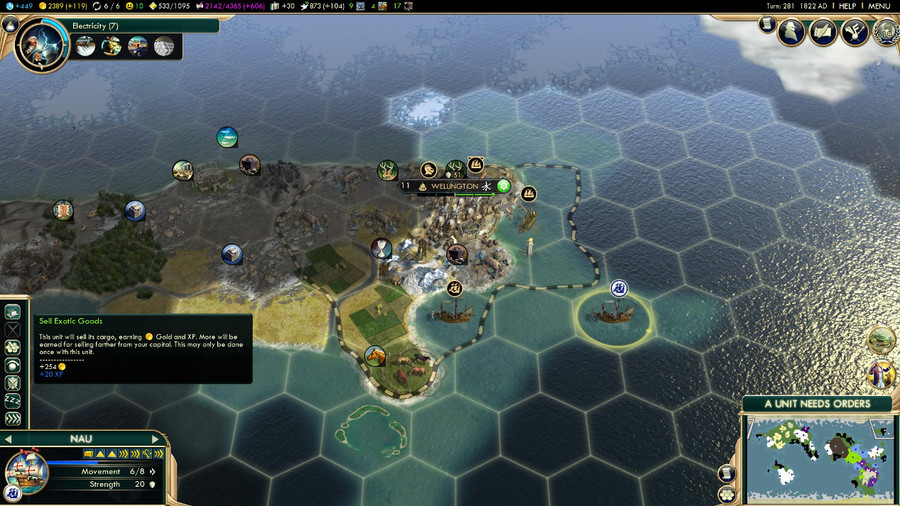
By the same token, the knowledge that the "Armada Mundial" project was part of this plan was eventually revealed, and Lisboan shipyards continued their production of Nau unabated.
The term "military-diplomatic complex" was occasionally used pejoratively to refer to the same idea.
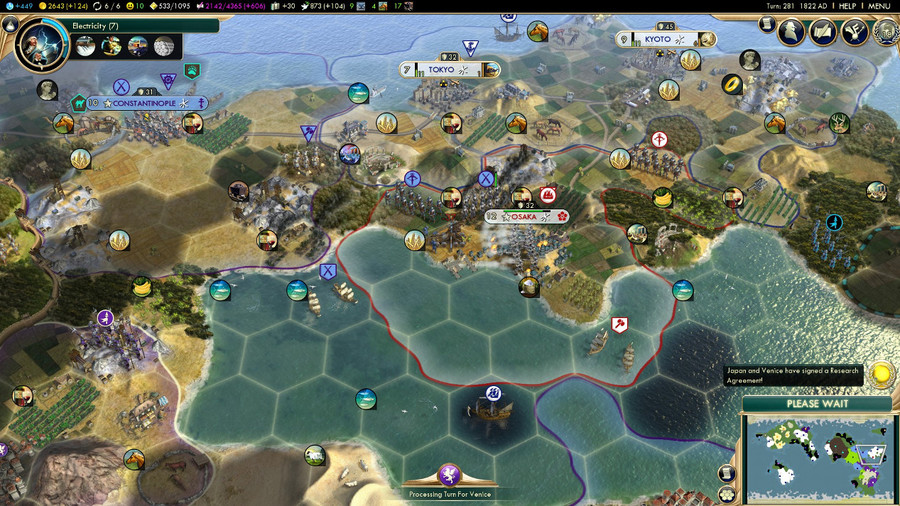
At around this time, it became apparent that the Japanese were enjoying some successes through allegiance with Venetian traders, and the Byzantine war effort seemed to lose its foothold suddenly.


Closeness with the Portuguese empire was seen as desirable for diplomatic and economic reasons, but due to continued deep-seated fears held by devout Sebastianists of Confucian cultural dominance, Venetian-Portuguese border access remained limited as ever.
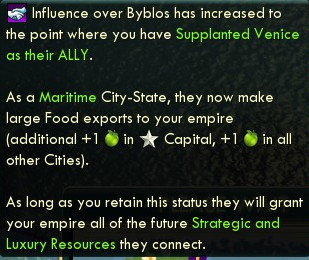
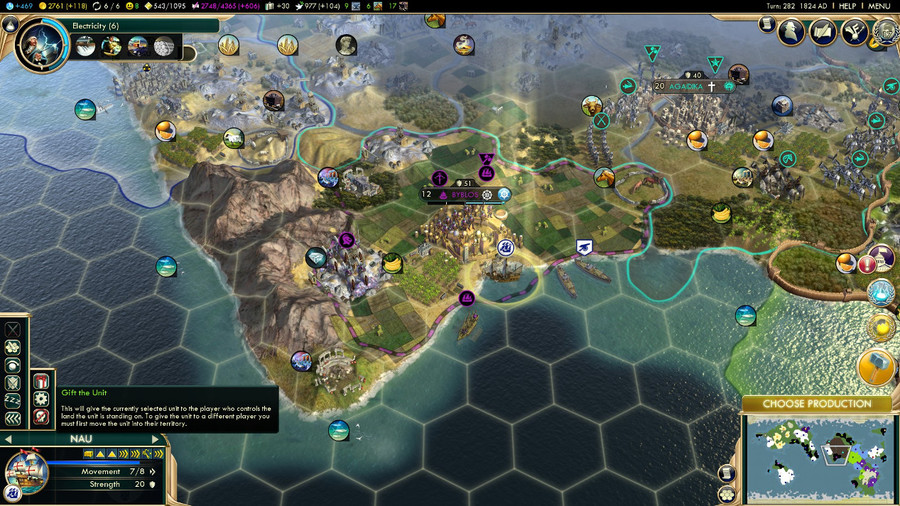
The Armada Mundial project was beginning to enjoy some successes thanks to an increased willingness for affected independent states to declare their allegiance to the Portuguese. Antonio Salazar was said to have referred to this style of alliance-building as "gunboat diplomacy by other means."
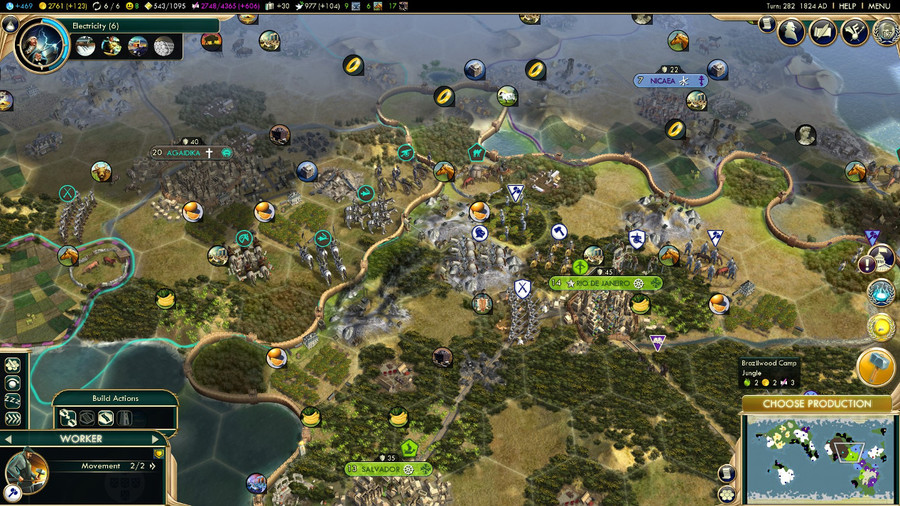
At this time, the campaign of passive-aggressive action against Shoshone invaders of Brazil began to reach a head, as Shoshone and Portuguese forces were paralyzed by the diplomatic standstill in force.
At that time, President Bragança decided to try something different.
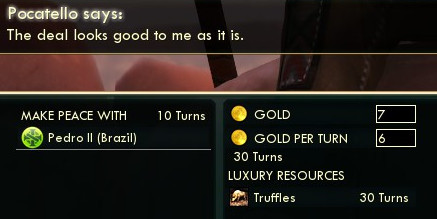
In an open discussion with the Shoshone leadership, the President openly admitted to resorting to various types of diplomatic legerdemain in order to erode the Shoshone willingness to engage in open warfare, and offered reparations in exchange for a good-faith attempt at a peace deal with Brazil.
The Shoshone were reportedly moved at this display of honesty, and after some negotiations, agreed on the exact terms of Portuguese reparation.

Thereafter, peace was restored to the Brazilian homeland. The people of Rio de Janeiro were overjoyed that their continued positive relations with the Portuguese enabled them to gain such dividends.
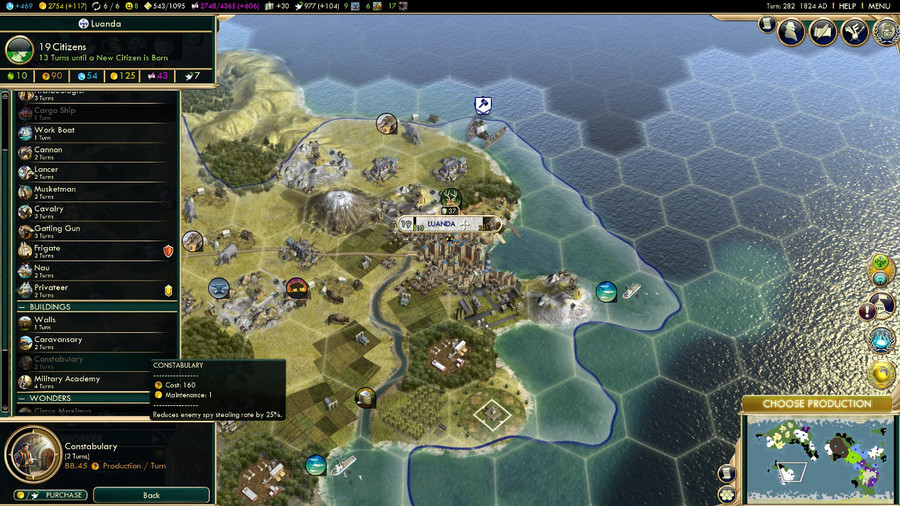
Luanda instituted some reforms on a municipal level in the hopes of establishing greater domestic security, all the same.
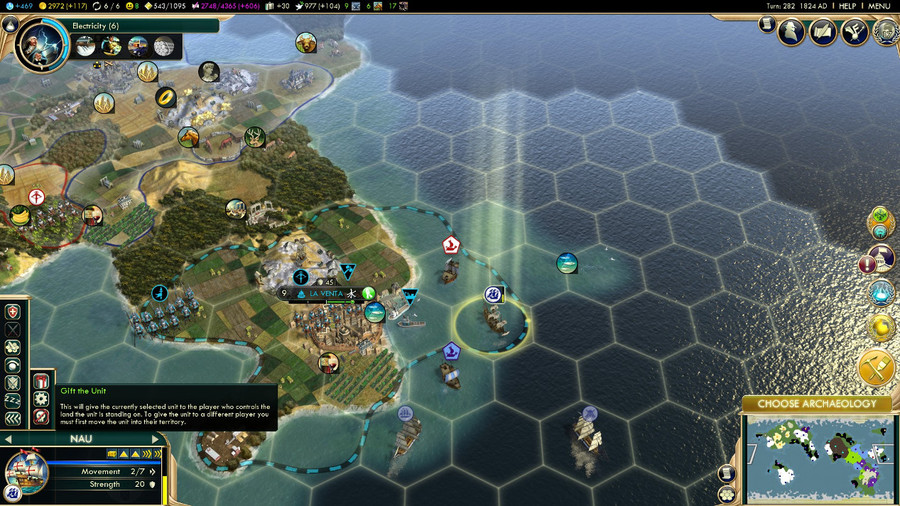
Though quickly becoming outdated, the Nau was also becoming one of the most popular ship designs the world over.
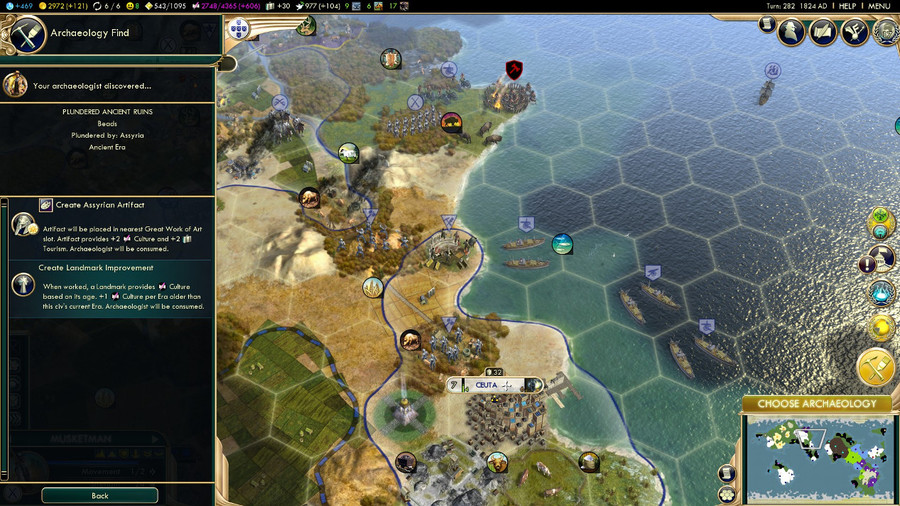
This popularity, however, could also be explained by an increasing emphasis on world and cultural history that the Portuguese populace were continuing to hold in such high regard.


Not all diplomatic relations with the world were as smooth though, as evidenced by those left behind in the wake of colonialism.
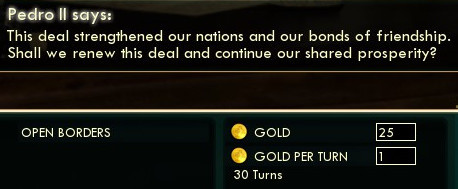
And yet, the Portuguese diplomatic engine continued to foster popularity wherever it could.
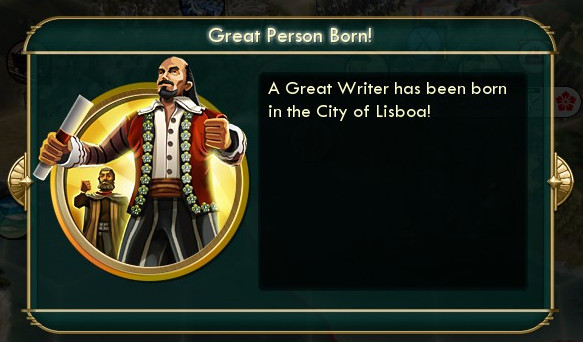
There was some hope among the Portuguese literary community at the time that government efforts to preserve peace would endure.

Mutual defence with the Byzantime nation seemed to be of some importance to the President, given the failed invasion of Osaka seems to have depleted Byzantine manpower quite prodigiously.
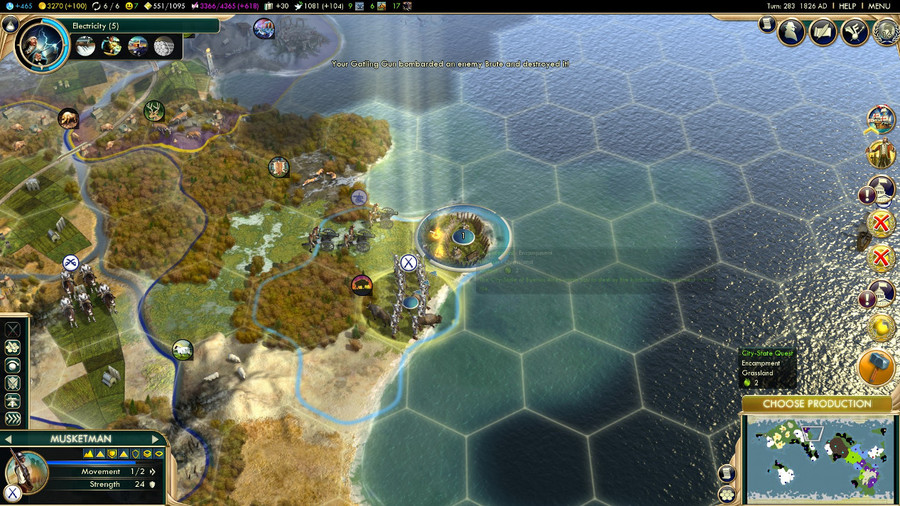
A pocket of Roman resistance evaporated under Portuguese military pressure, and earned the nation some diplomatic capital with Buenos Aires.
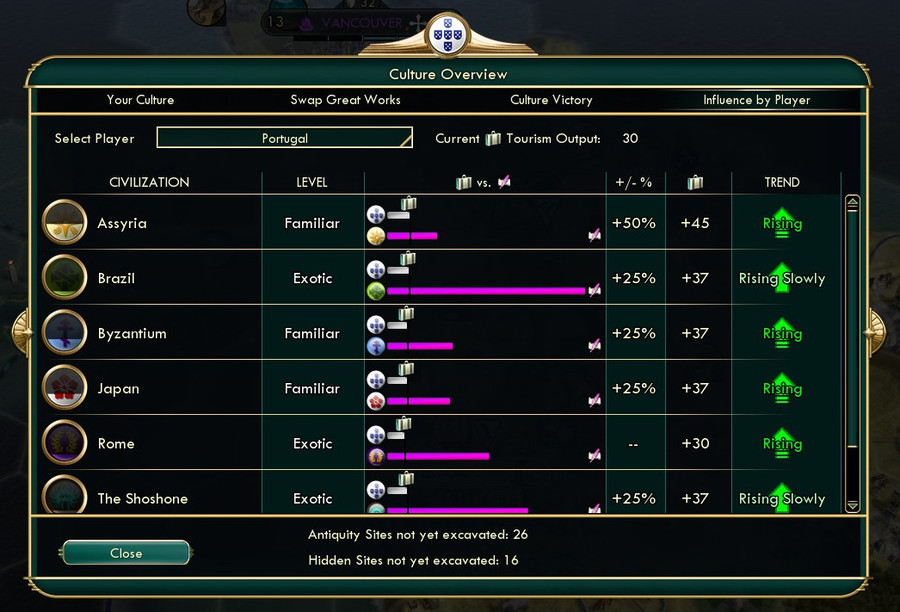
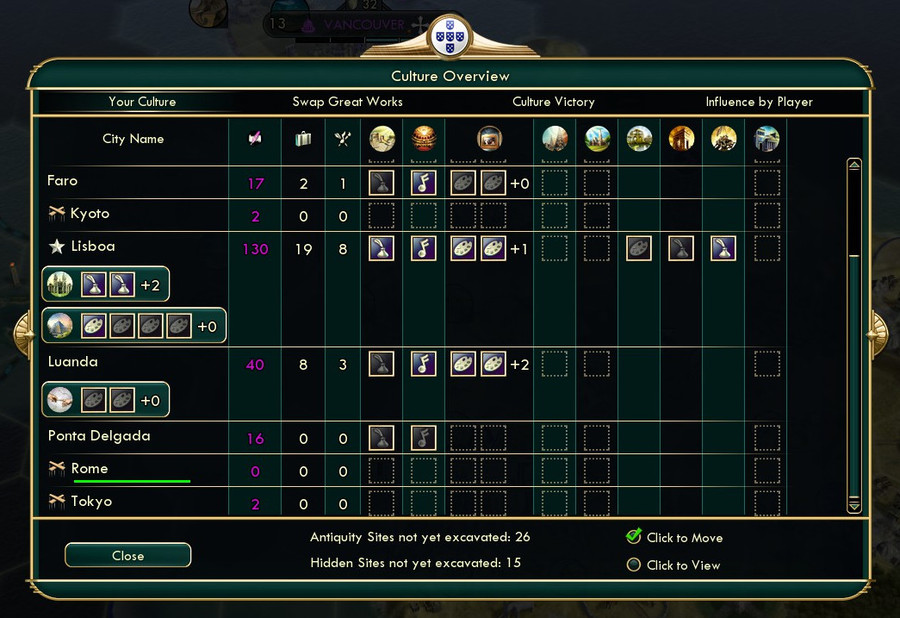
Still, while the Portuguese cultural tradition enjoyed significant domestic popularity, there was a sense that its treatment of historical artifacts and texts were keeping it at arms' length from other nations.
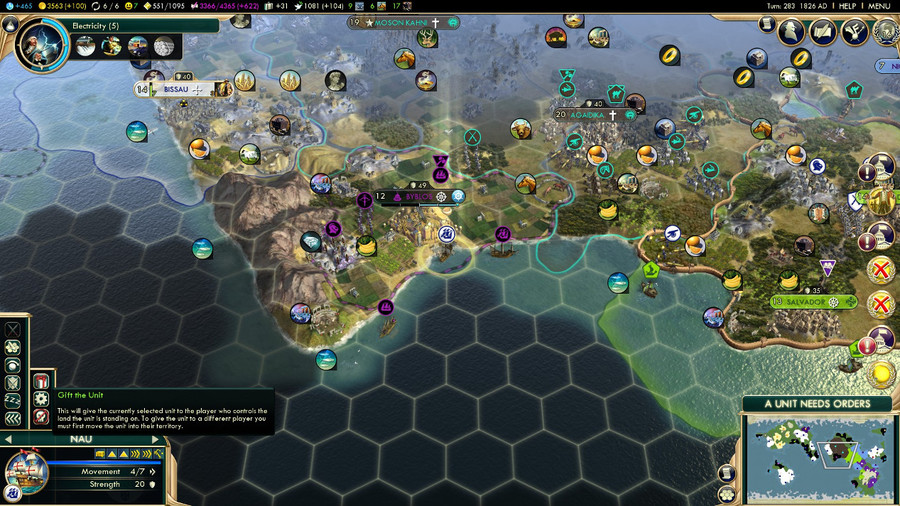
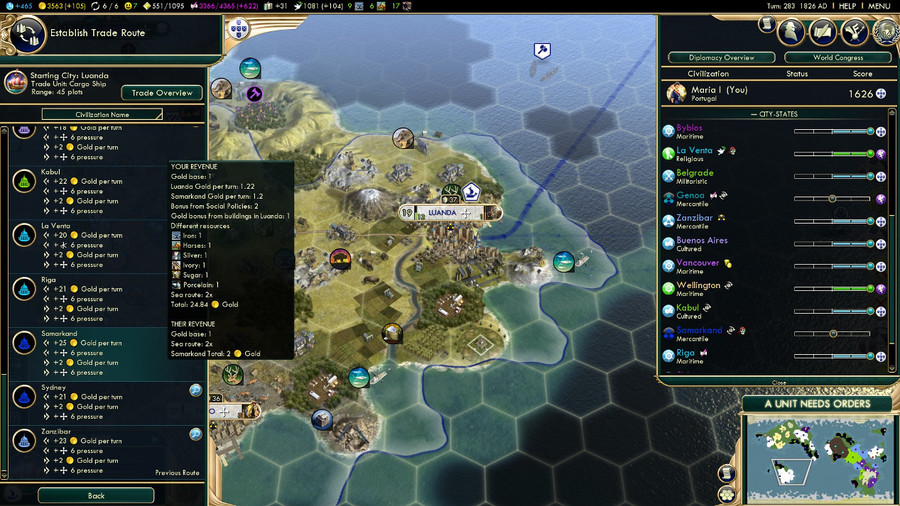
Though, this hardly seemed relevant or worthy of concern in light of other measures taken to guarantee Portuguese popularity abroad.

Anthero de Quental posted:
Glory! What in her should I worship? What,
Save mist o'er chasms hanging in suspense?
What can she offer of the love immense,
The love that breathes a blessing on man's lot?
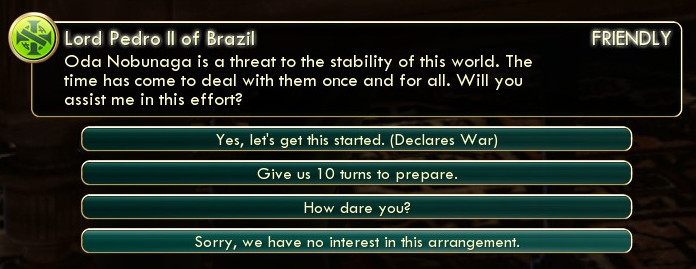
Brazilian attitudes towards war, however, were taking a sudden turn, as there were reports that Emperor Pedro wished to seek conflict on more favourable terms to reclaim supposedly stolen glory. The Portuguese made an attempt to dissuade him of this notion, with unknown success.
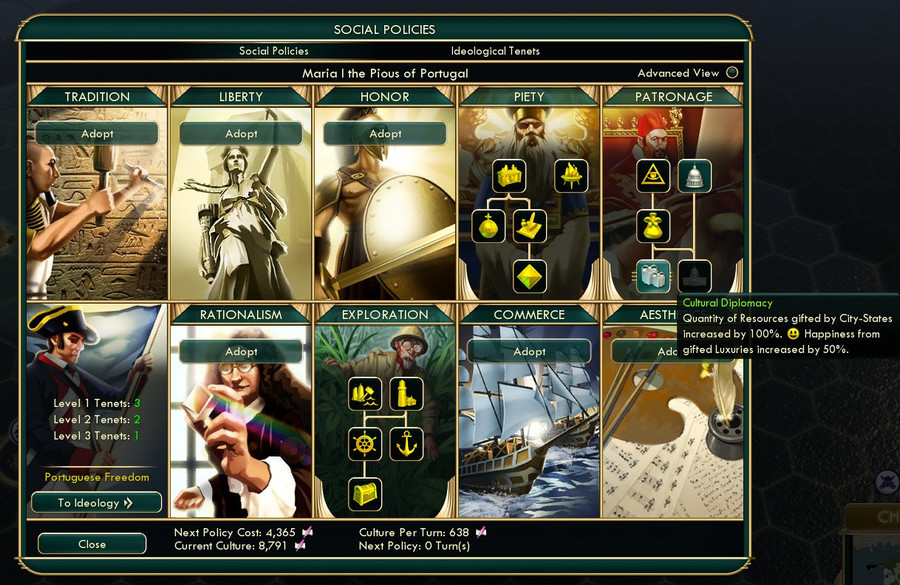
Portuguese diplomatic efforts, however, were paying dividends in unique ways.
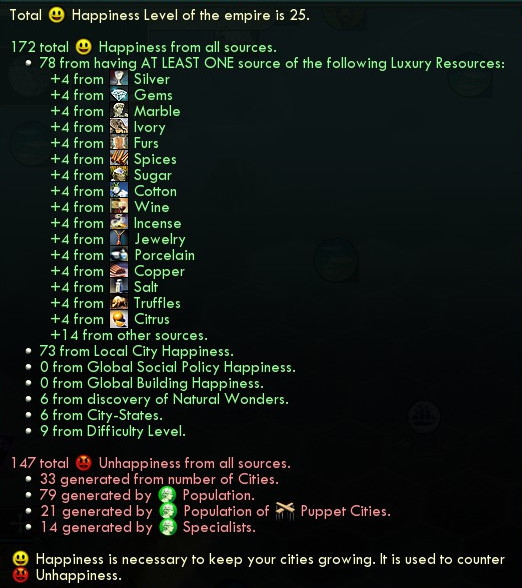
The unique position that the Portuguese enjoyed as being the foremost diplomats in the world meant that national satisfaction could remain high even in as disparate an empire as the Portuguese were.
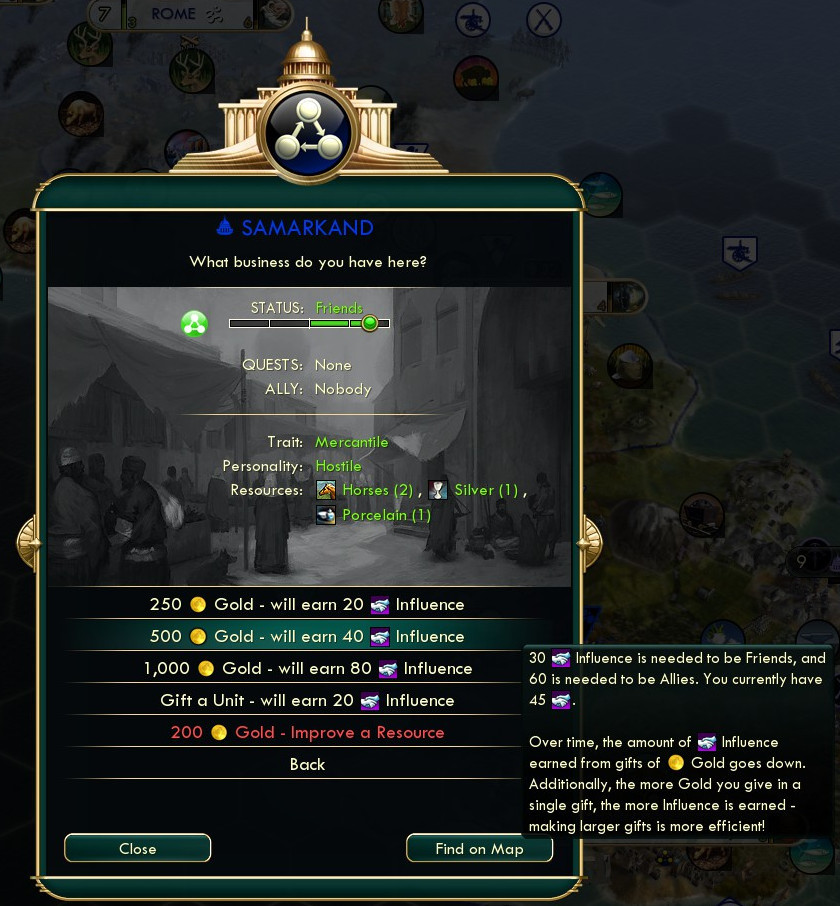
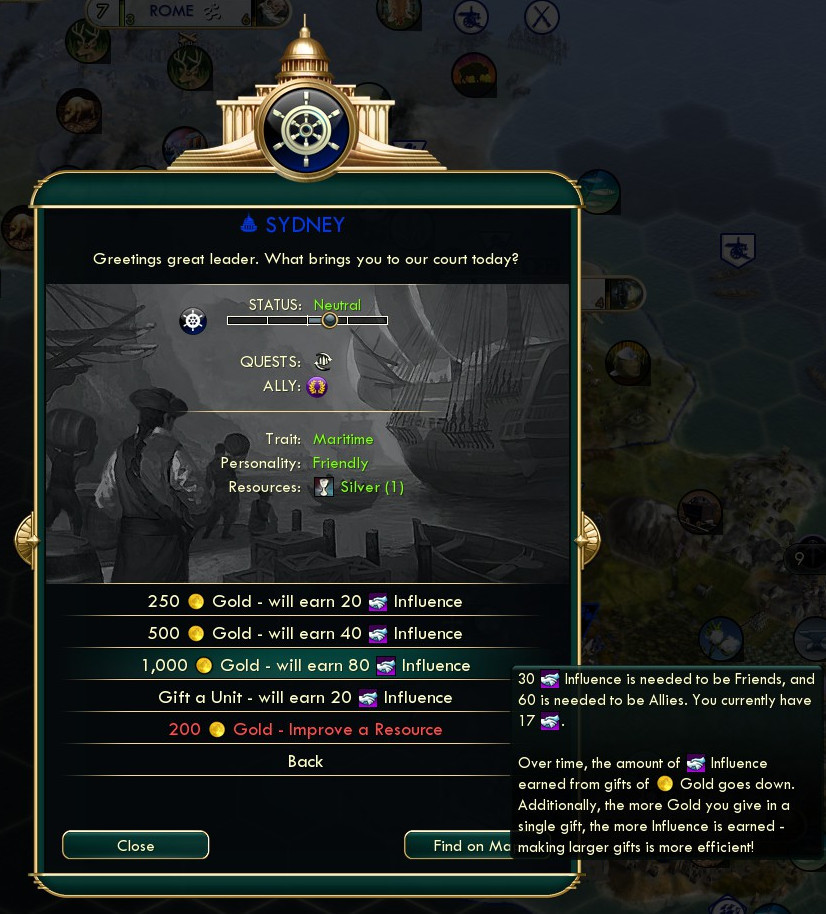
The benefits of the economy were also directed towards these diplomatic missions, to significant effect.
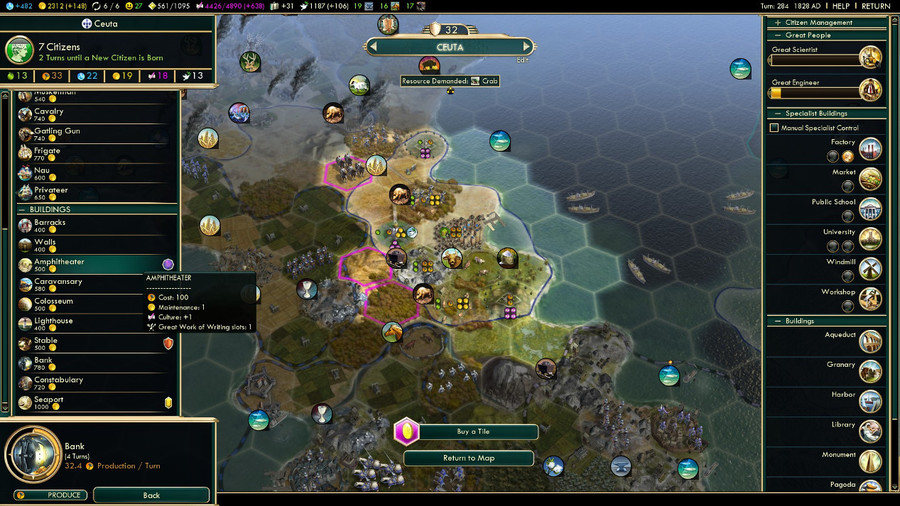
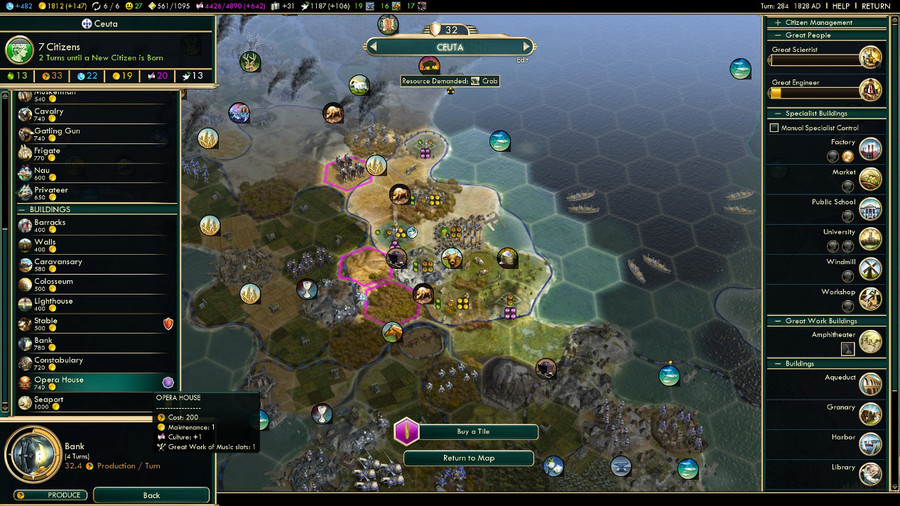
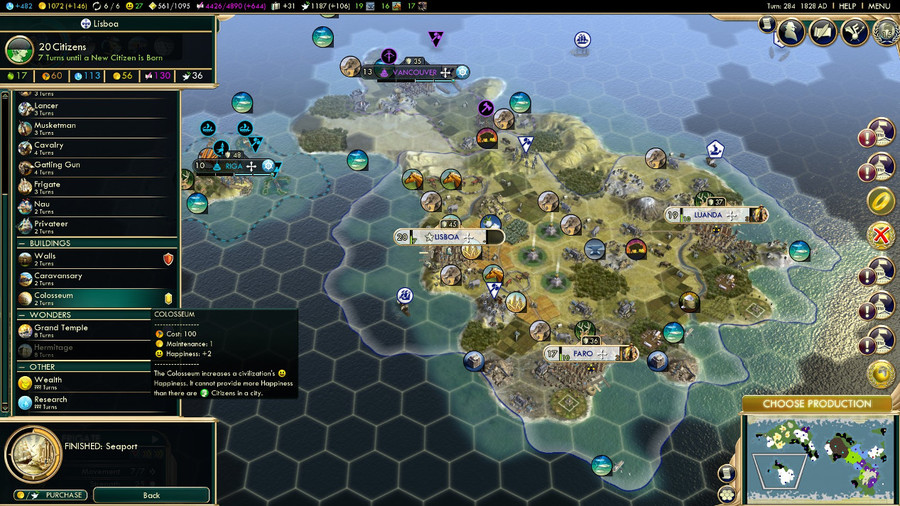
However, there was still a significant enough budget to account for domestic improvements as well, though the budget was quickly depleted by a combination of these sudden expansions.



However, diplomacy continued to prove itself easily worth the cost of investment, or so the popular line in the President's office went.
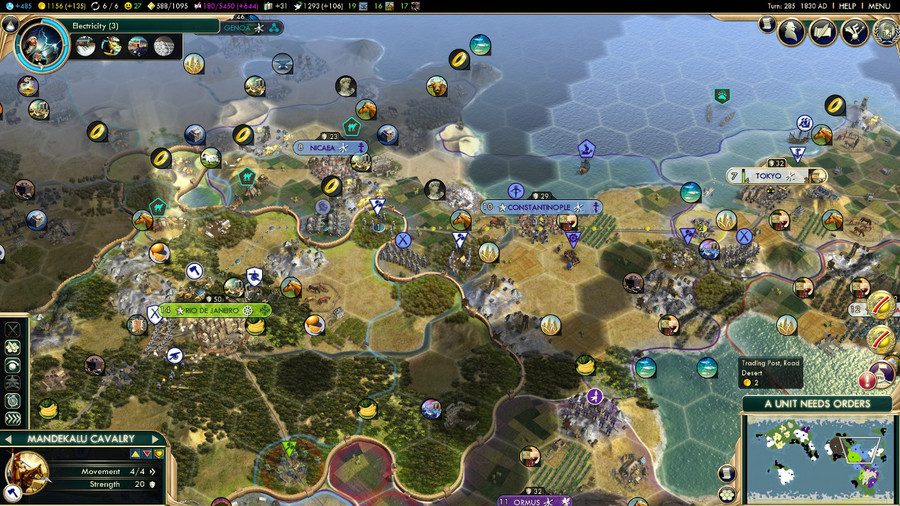
However, a sense of unrest was brewing all the same, in light of the failed Byzantine invasion.
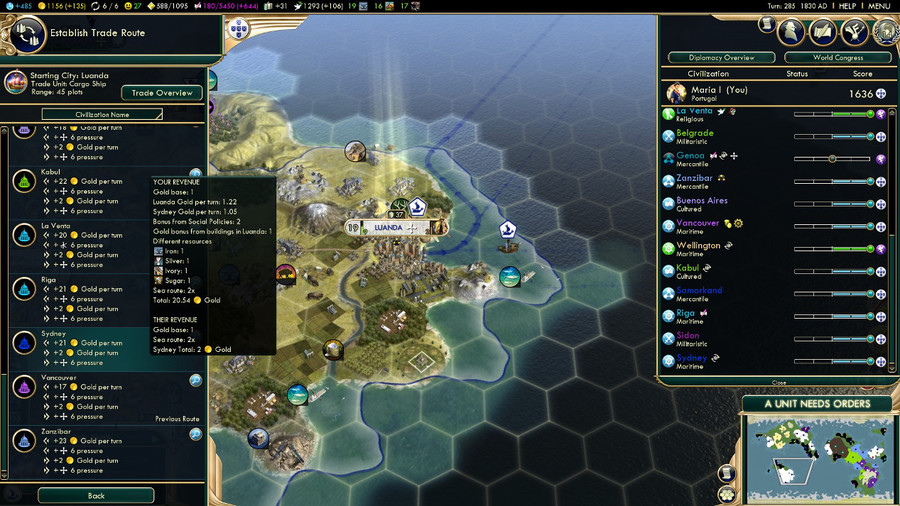
While the Portuguese focused their efforts, a strange series of orders were being issued in the shadows of the public face of the global discussion.
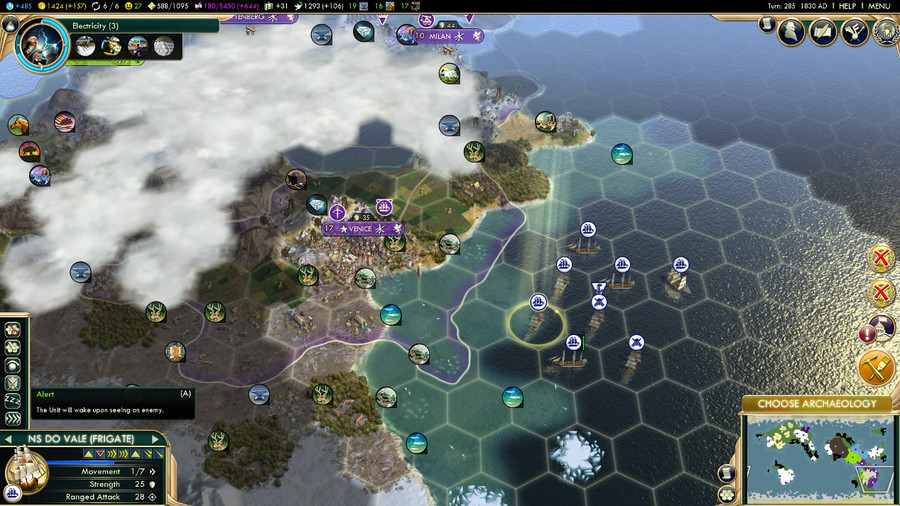
Just out of range of the assumed Venetian telescope range, Andrea Doria's fleet gathered on the high seas in preparation for...a hopefully disproven eventuality.
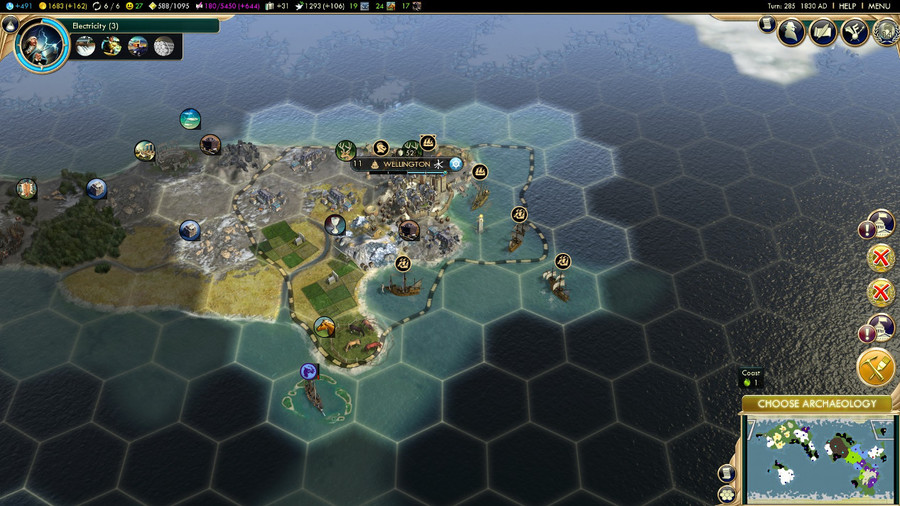
Wellington was prepared for a similar circumstance, and equal parts encouraged and pressured to change their primary allegiances from Venetian to Portuguese overlords.
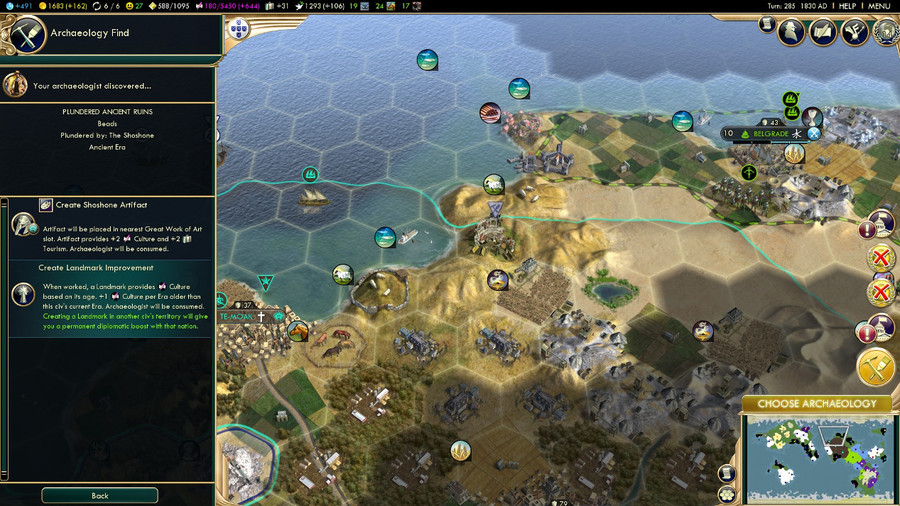
Meanwhile, an unusual consequence of the ending of passive-aggressiveness took root, as an archaeological dig site was suddenly under disputed ownership, and the Portuguese explorers were ordered to remove themselves from Shoshone lands, leaving the artifacts there for the "true" owners of the site to claim.
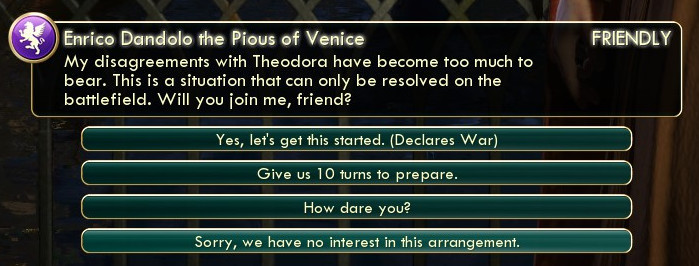
Worrying signs continued to point to Venice as planning a move against the depleted Byzantine force, though Dandolo had seemingly no way of knowing that the Portuguese were preparing for that possibility in a very different fashion.
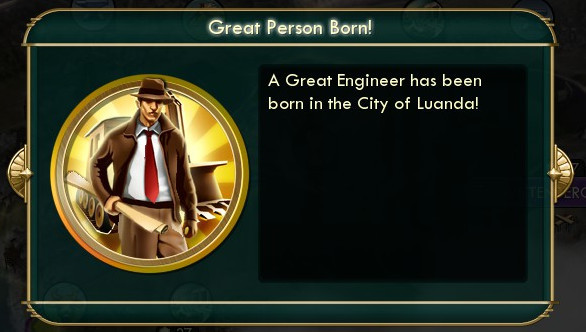
The Portuguese were building all the same, ever in preparation for a supposed new stroke of divine inspiration.
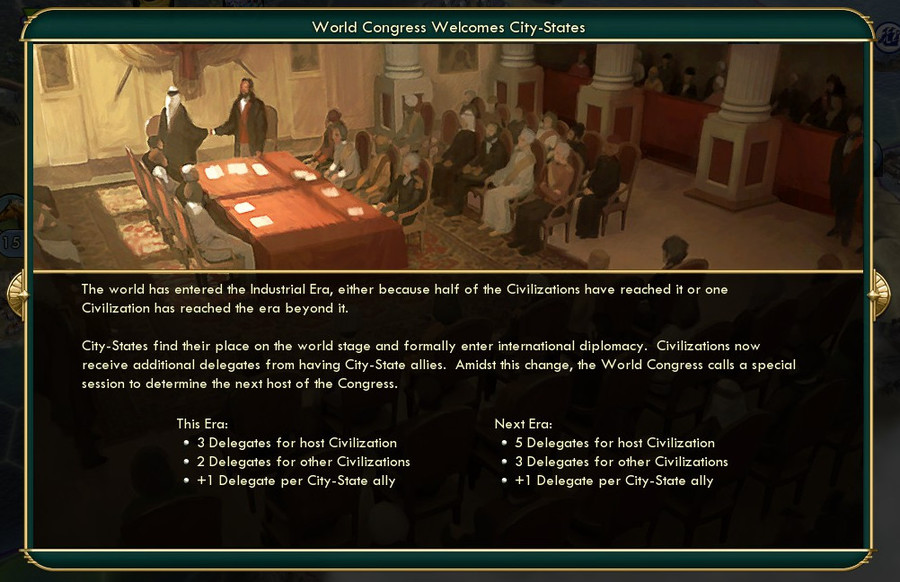
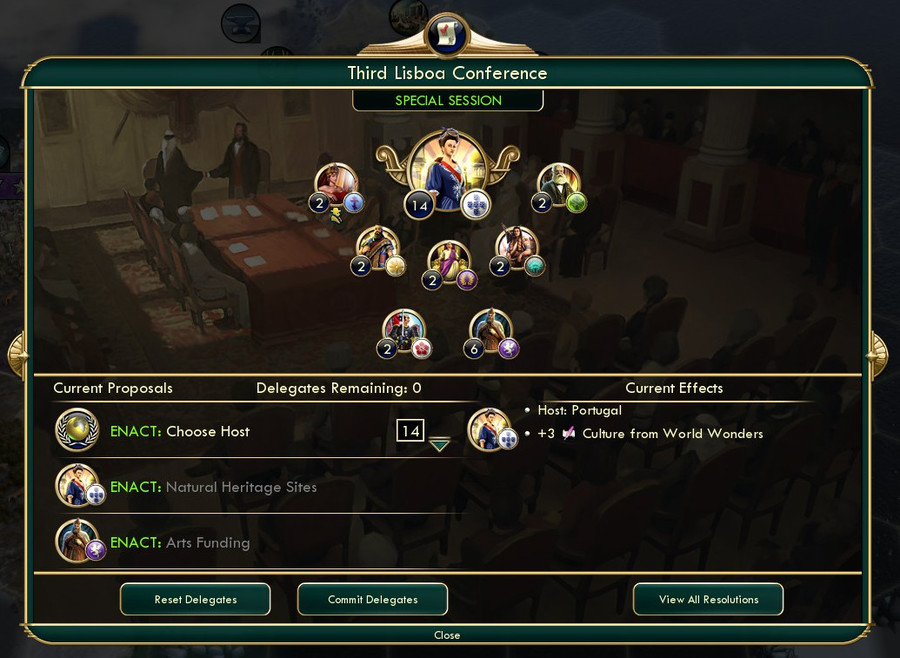
An emergency session of the Conference took place in Lisboa to supposedly address the increased tensions between Byzantine and Venetian interests, when suddenly it became apparent that the real reason for the meeting was to act on the Portuguese President's earlier calls for reform in the wake of increased awareness of the global circumstance.
The overwhelming show of support for the Portuguese left little doubt as to which way future Conferences would sway.
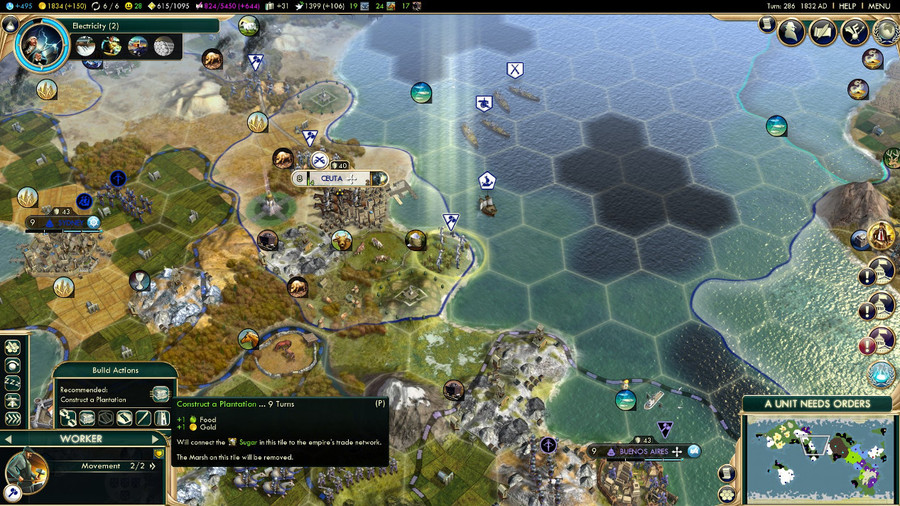
Small improvements to the quality of everyday life continued to be enjoyed in Ceuta, as the city embraced the idea of civilian life.
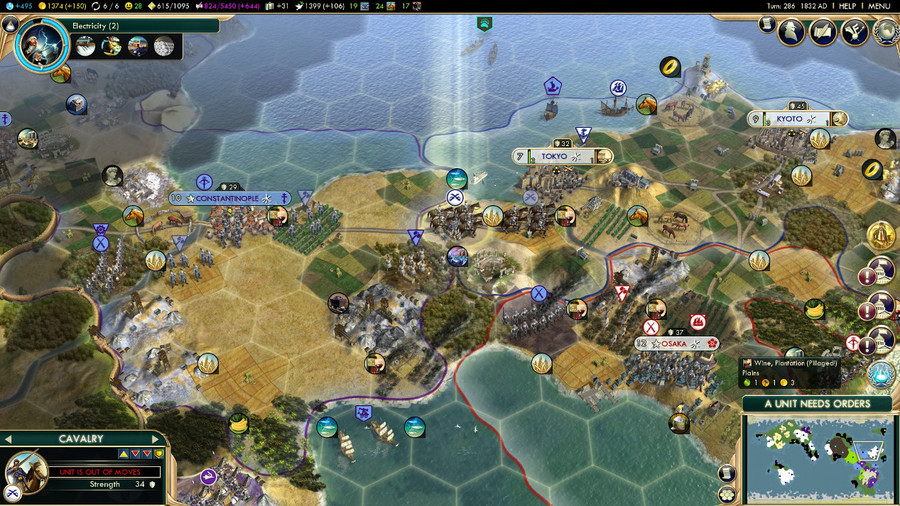
Military improvements, meanwhile, were made elsewhere.
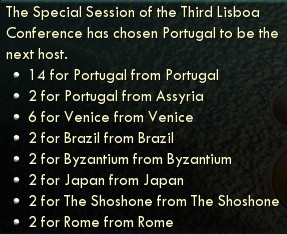
The results of the Conference were as expected, with a failure from any other nation to coalesce into any sort of voting bloc resulting in the responsibility of hosting the session being thrust once again onto Portugal. What was surprising, however, was the Assyrian willingness to throw their support behind the Portuguese, perhaps in acknowledgement of the guarantor of their independence.
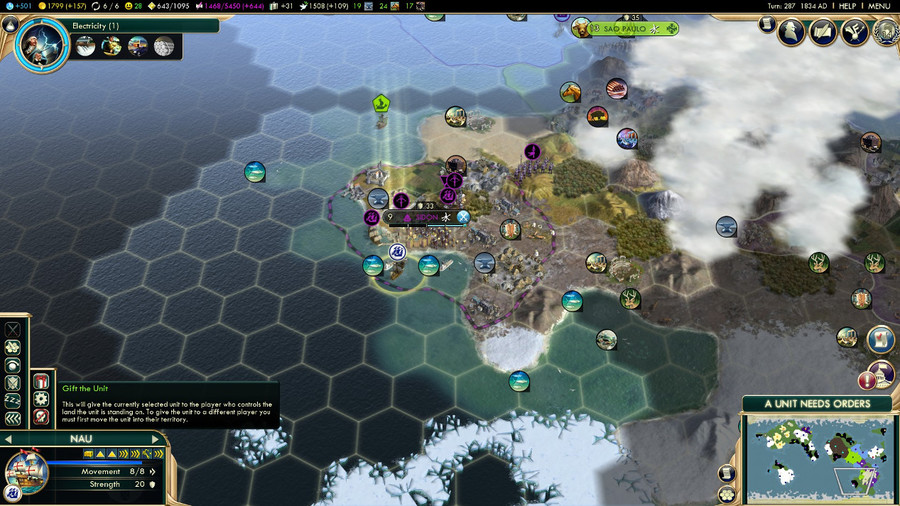
Though diplomacy continued to be the focus of the nation, fascinating advancements were made in other ways.
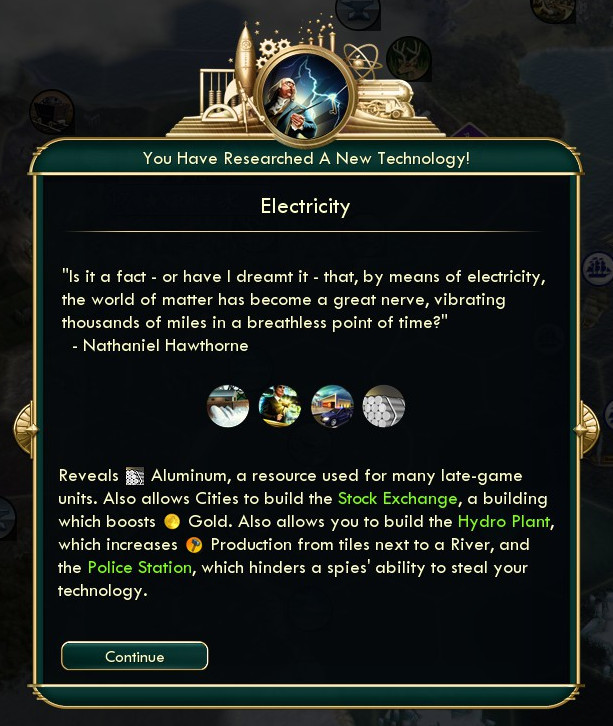
At some point in recorded history, observers from the Universidades documented the propensity of lightning to hit the Pharos of Lisboa, and used this observation to develop a number of theories about the physical properties of lightning and how it might be used in particular circumstances.
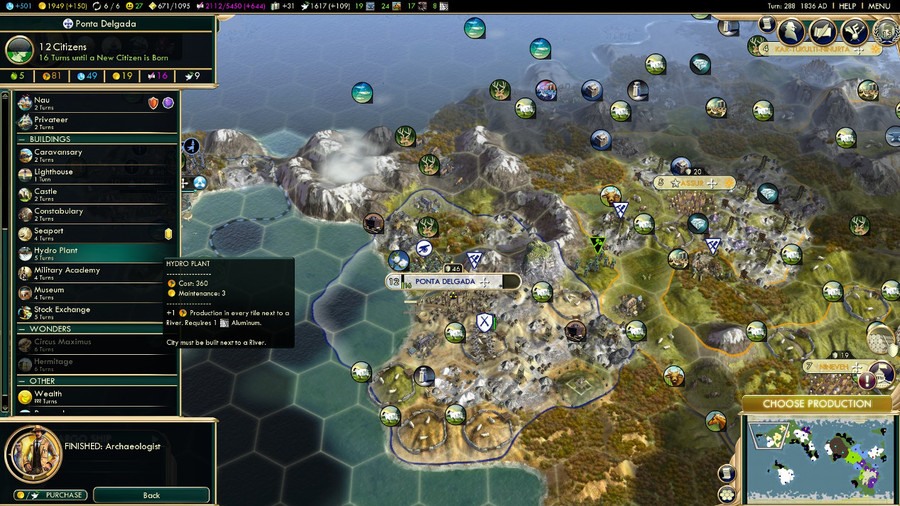
The resulting developments were beginning to drive the nation towards profound new innovations.
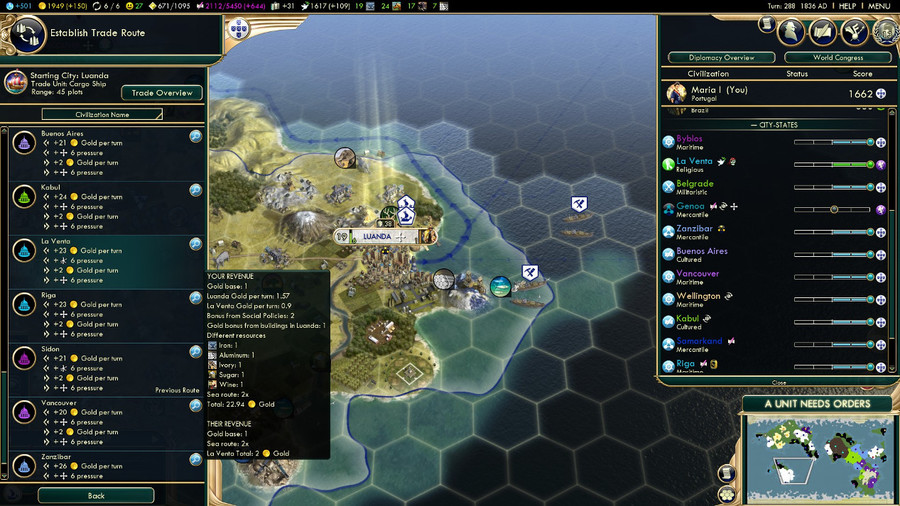
Even so, Sebastianist interests continued to have the ear of the government, and education by and large remained the purview of a church now "enlightened" by a new field of natural sciences.
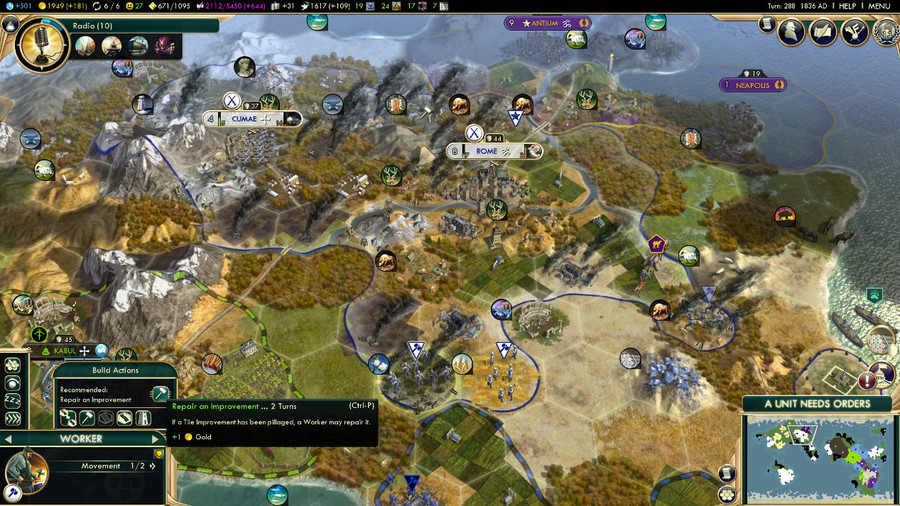
In light of all this change, the Restoration was proceeding rather slowly, but with the first wave of migrants arriving, there were signs that the pace would increase rather quickly.
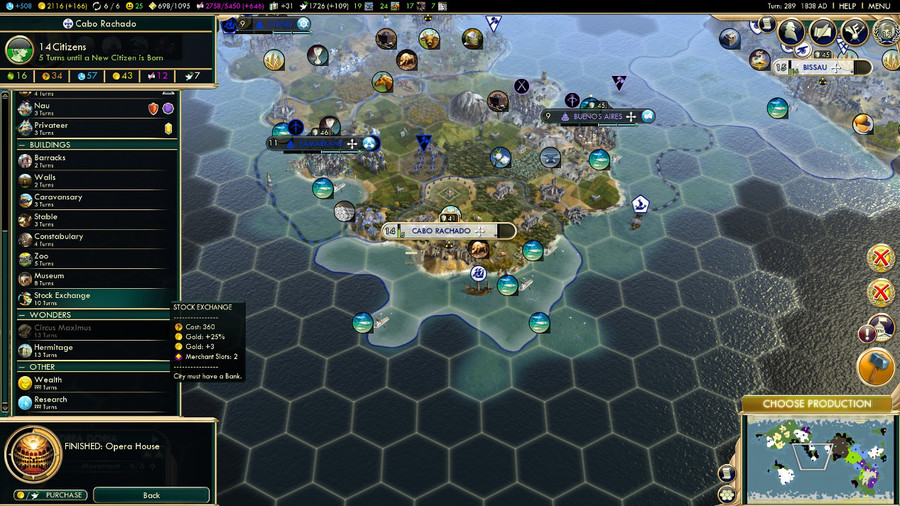
Nowhere was this shift more apparent than in Cabo Rachado, where news seemed to transform the city from a fishing hamlet to another modernized branch of the Portuguese economy.

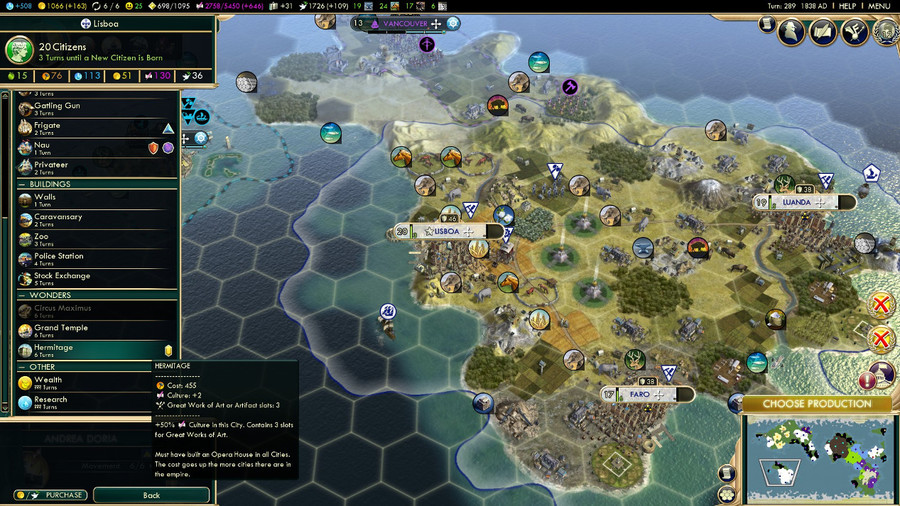
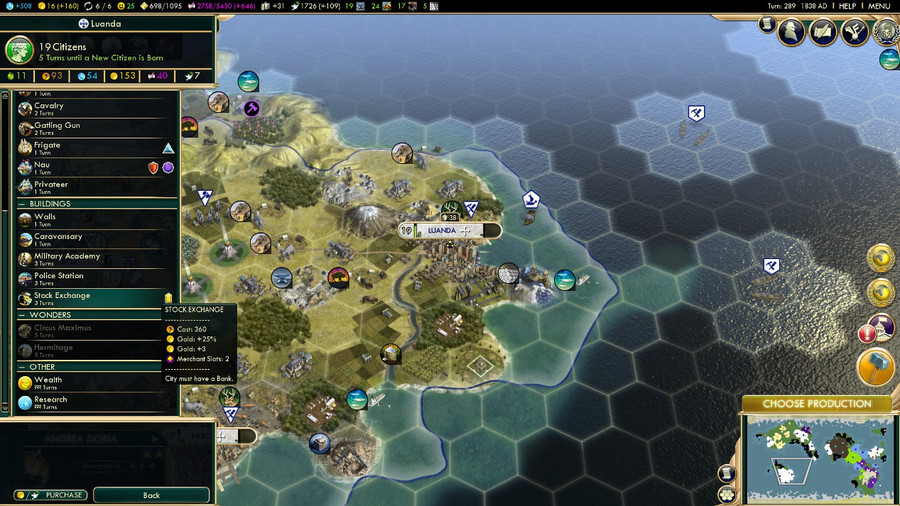
Lisboa and Luanda spared no expense on similar improvements, though Lisboa's focus seemed to be on developing new museums for the ever-expanding audience for historical artworks.
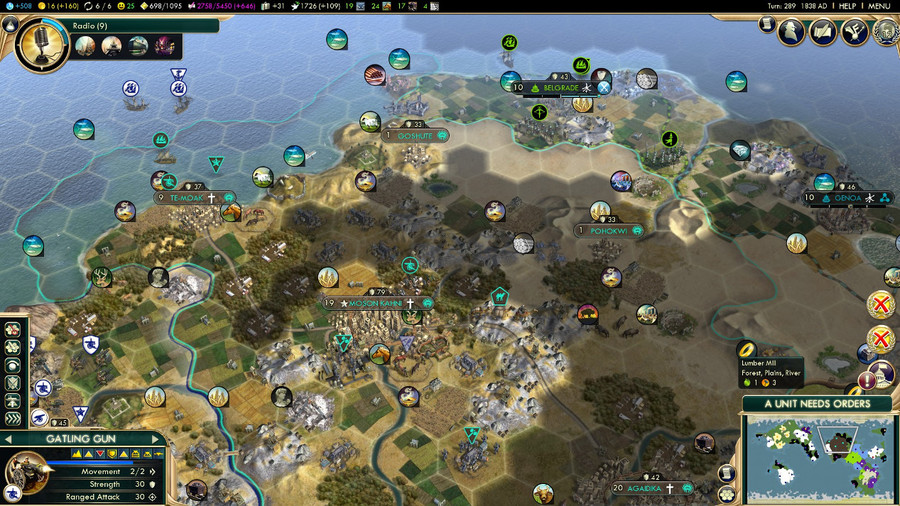
On the subject of expansion, we note that the Shoshone seemed to be making similar strides towards urbanization.
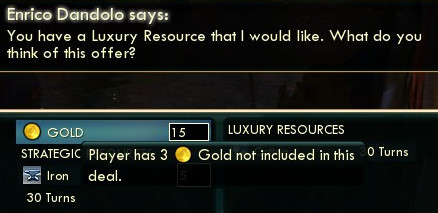
Dandolo's lack of funding, meanwhile, betrayed the fact that it was his army that was expanding...

The next years marked a chaotic shift in the global discussion.
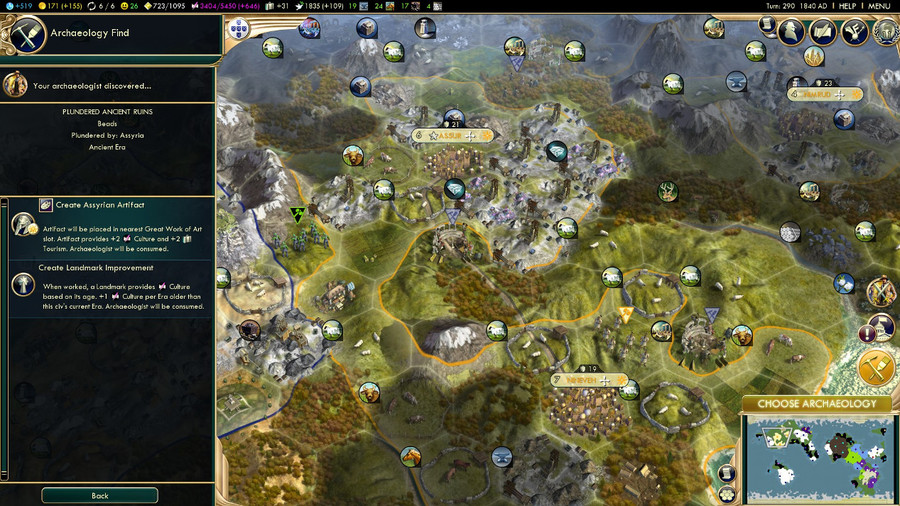
A group of Portuguese explorers suddenly disappeared in northern Assyria, and their last whereabouts were thought to have been safely near Assyrian borders.

Byzantine diplomats were supposedly visibly shaken as they requested an additional renewal of the terms of mutual defence between the Byzantine and Portuguese nations, which the President signed with a supposedly notable apprehension.

As if on cue, disaster.
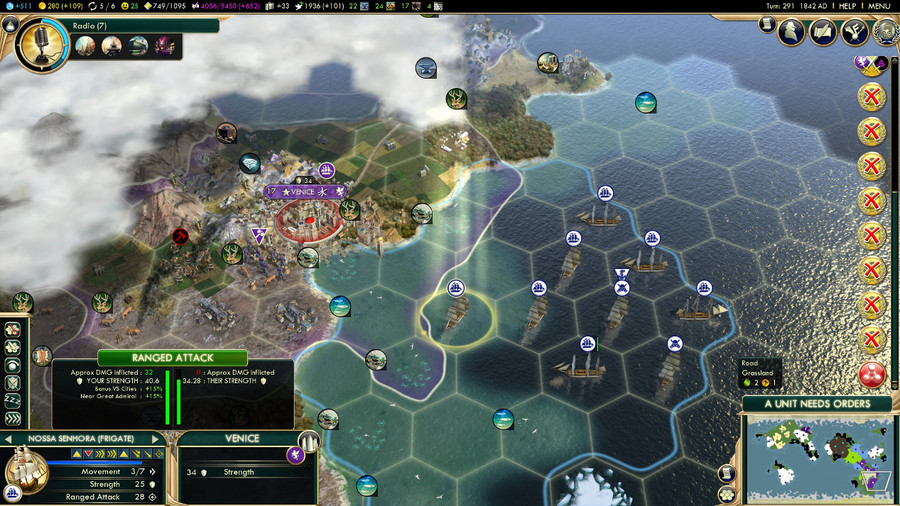
Another set of orders from the President's office. The Venetian capital was to be seized as a penalty for disturbing global peacekeeping efforts though an unprovoked attack on Byzantine forces.
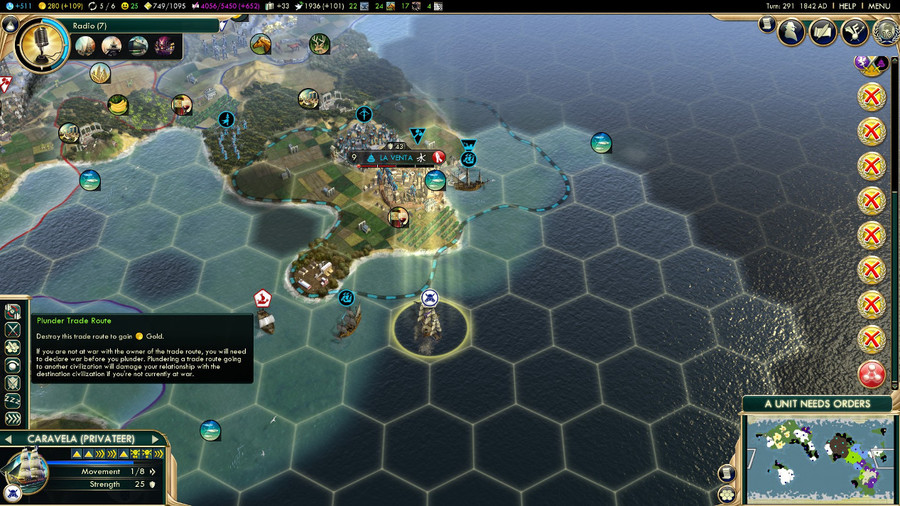
The fact that this was more than a little self-serving was apparent to La Venta, who saw fit to break their alliance plans with the Portuguese and throw their lot behind Venice.
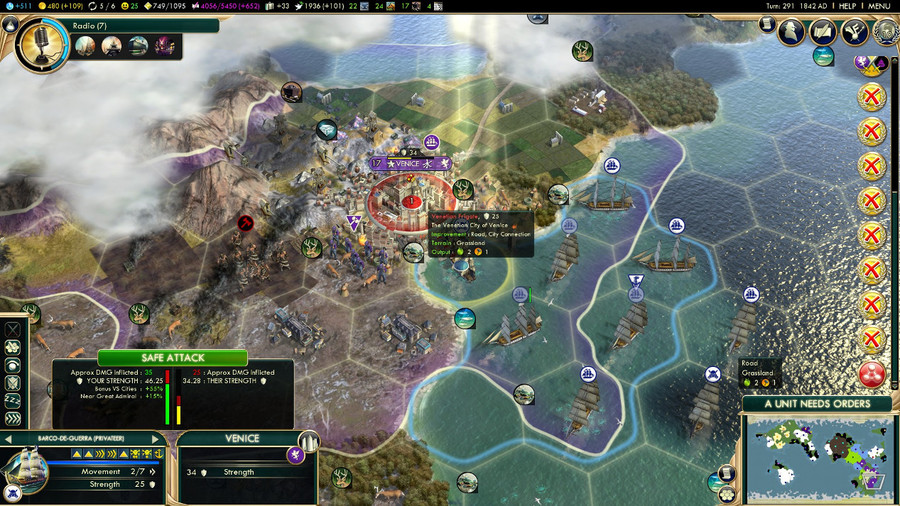
Even so, Dandolo's declaration could not have been a worse decision, as his glittering capital was soon revealed to have significant shortcomings in its domestic defence.
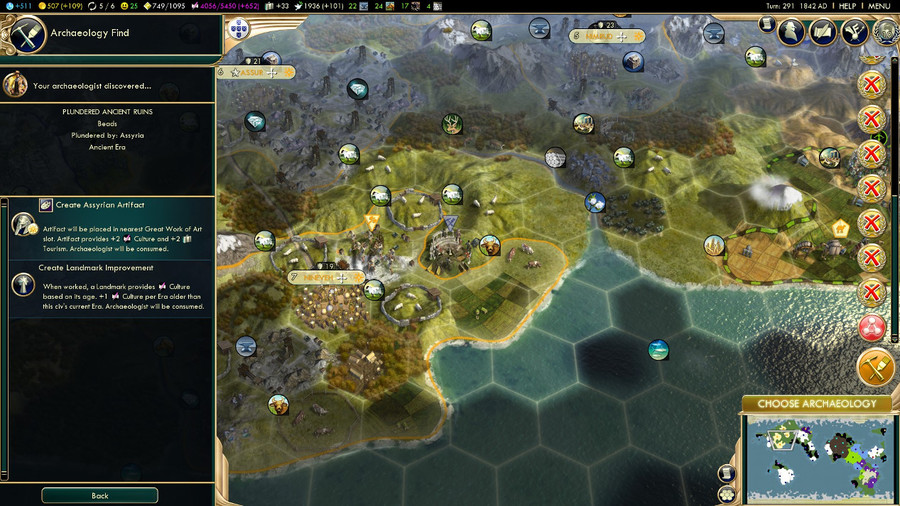
Almost oblivious to what was happening elsewhere, the Portuguese citizenry continued as they always did.
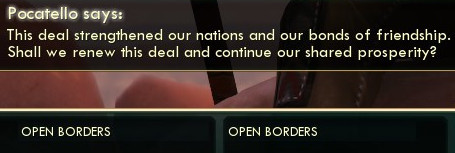
Even in other nations, there seemed to be a deliberate avoidance of the subject of Portuguese military action.
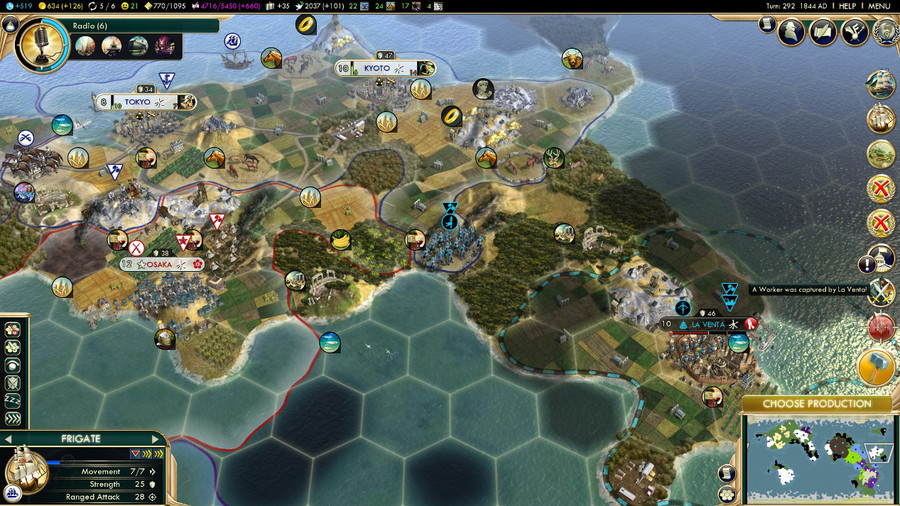
However, in La Venta, the consequences of what was happening were all too real to a group of Portuguese expatriate workers in the Japanese-Portuguese exclave who happened to find themselves too close to the battle-line.
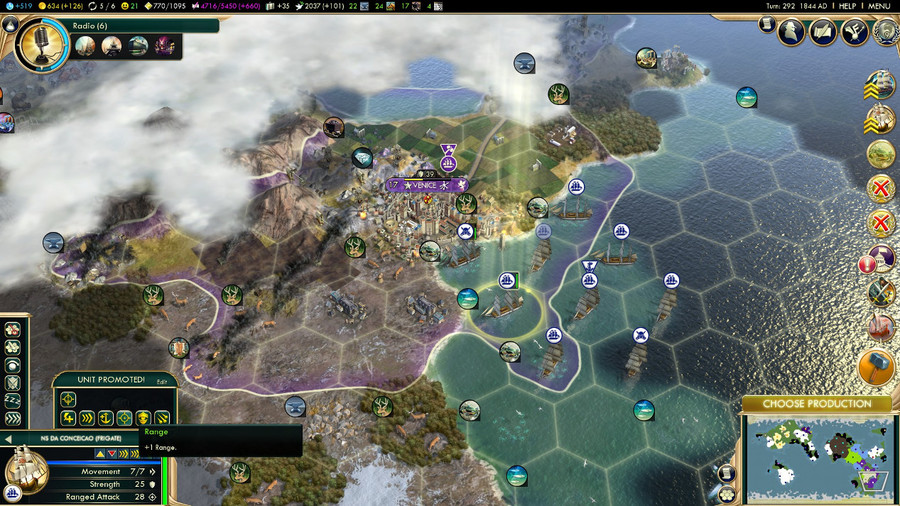
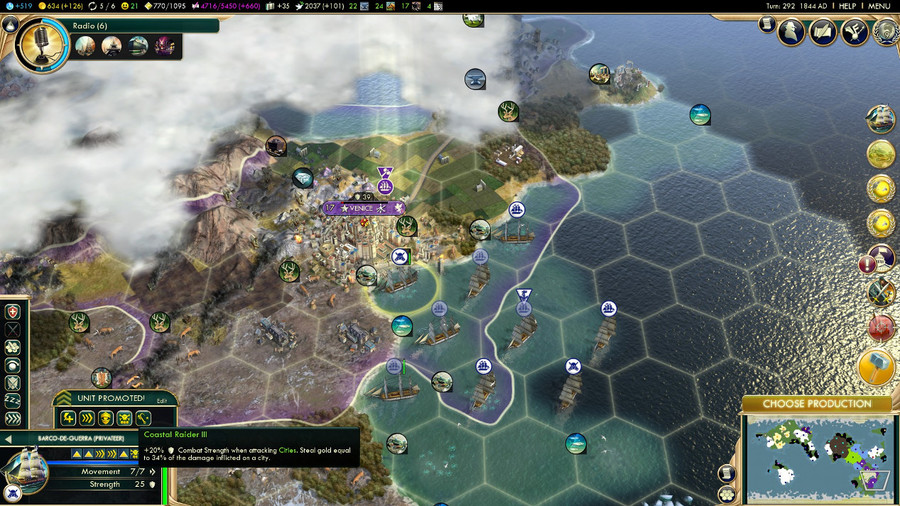
The legendary Portuguese navy brought the brunt of its might upon the barely-defended Venetians.
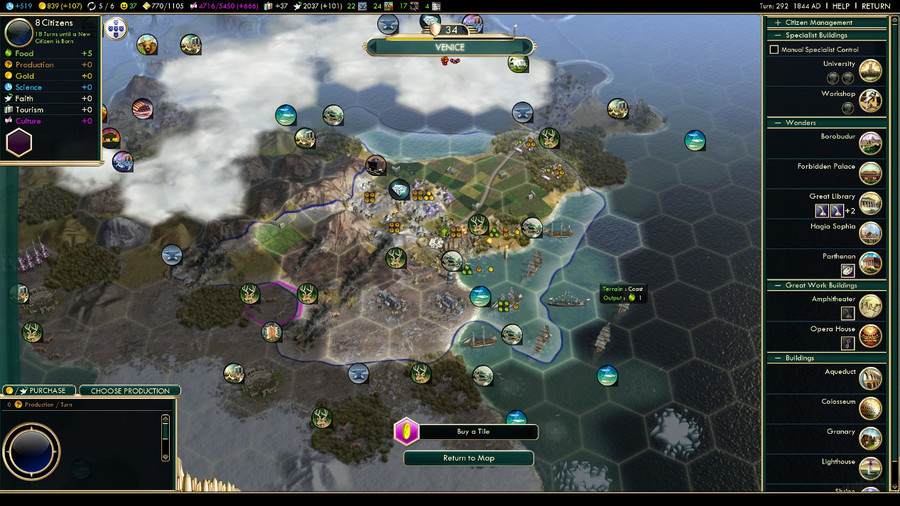
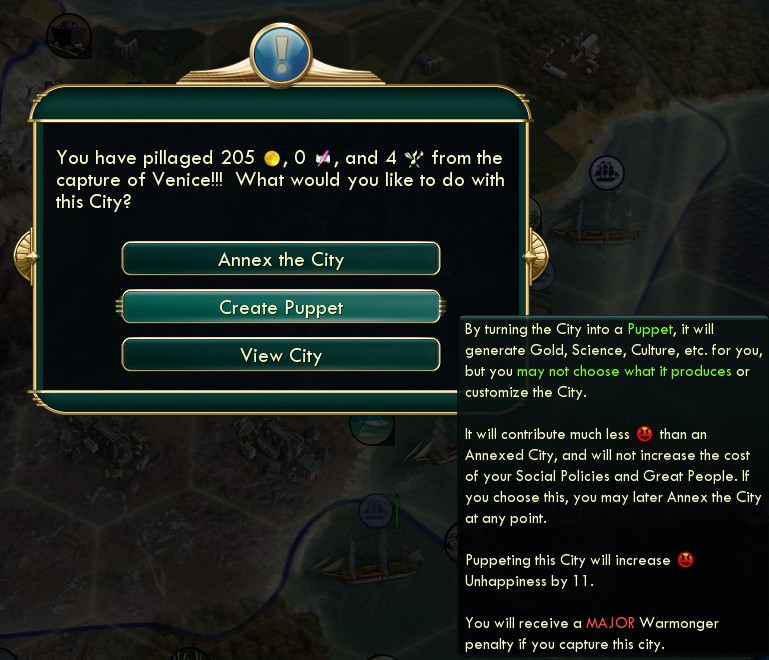
The result was a takeover so fast that the Venetian citizenry had little time to even panic. They were simply confused and amazed by the sight of a Portuguese naval battalion suddenly marching through the streets en route to the Palace, stopping only to intimidate the occasional saber-wielding Venetian guardsman into submission.
Enrico Dandolo, the Doge of the city, was reportedly whisked away onto a Portuguese vessel during this time, and his whereabouts were unknown for a little while. For all intents and purposes, the wondrous city of the southeast seas was being managed by a Portuguese diplomat abroad.
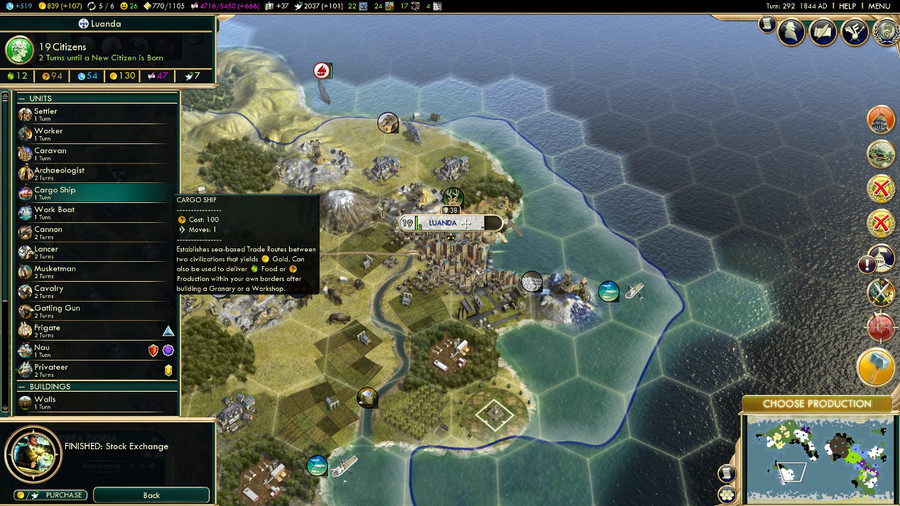
However, despite efforts on the part of the Portuguese to maintain an air of normalcy, there was a sense that something had changed for the worse.
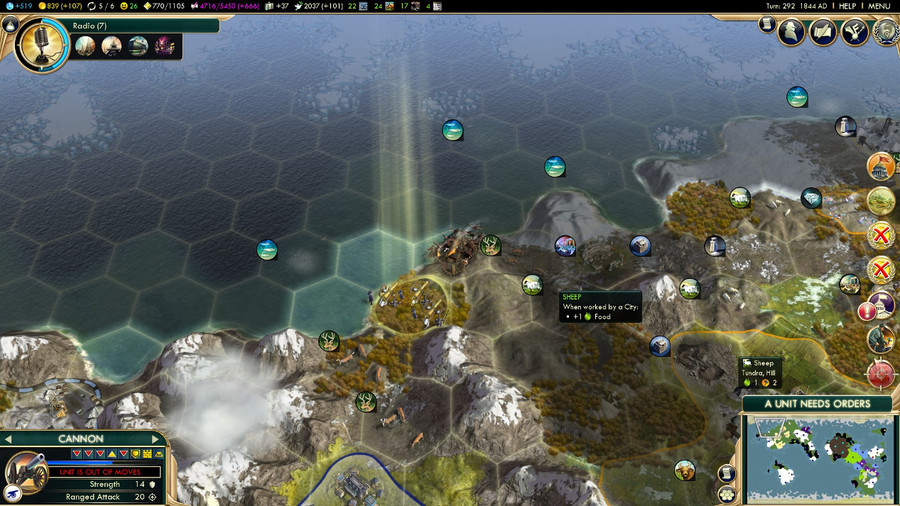
The President's office had received a notice that the missing civilian explorers in northern Assyria had been captured by a group of former Roman military personnel who had formed an encampment outside of Assyrian territory. The military expedition sent to find them had discovered that the Romans had simply executed them all, and when the government forces retaliated, the President's right hand Senhor Almeida reportedly asked them why they would resort to such a thing.
Their response was that for all the Portuguese leadership's focus on diplomacy and the assurance of world peace, they were a scourge on the people of Rome, Restoration or no. The Portuguese were mistaken to think themselves the vanguards of freedom and liberty in the world, they were just the ones with the force necessary to shape the world as they saw fit.
The "Tyranny of the Majority" is what the Romans called them.
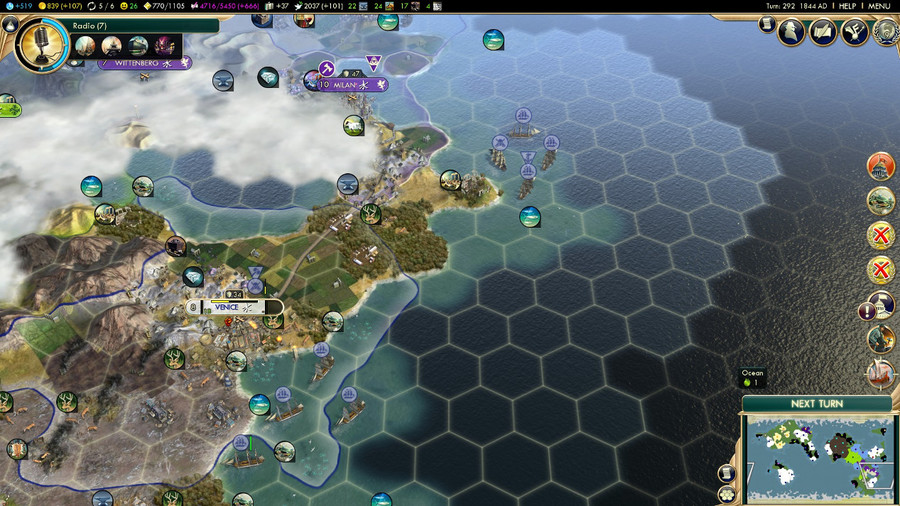
Though the Armada moved to rescue the captives in La Venta from a similar fate, the President was reportedly shaken by what the Romans had told Almeida.

She wondered, perhaps too publicly, if there was not some truth to what the Romans had said.
In response, there was an opinion poll conducted throughout the nation, delivered nigh-instantly through the power of electrical telegraph machines, as to what steps the Portuguese must take in order to hopefully continue ensuring world peace.
She had heard calls for provision of war reparations and the return of foreign territories to foreign governments and wondered if that ideal held any merit, and if so, to what extent.
She also wondered, given that the Portuguese society's focus on development of Patronage was nearing completion what direction the Portuguese social order should take next.
Some less-savory people had also indicated, that since the Roman and Venetian capitals were under their control, they could be purged of holy artifacts and texts of historical importance, crippling the expansion of Hinduism and Confucianism henceforth in favour of Sebastianism.
Finally, there was the question that even if the idea of returning Venice to the Doge failed to take root, if there was even a need to pursue further punitive measures against the Venetians for their actions.
The question of the future is one that has plagued Portuguese philosophers since the earliest Sebastianists first walked through Lisboa. However, the nation has come as far as it has through the wisdom of its thinkers, and there is hope that it will continue to flourish for that very same reason.